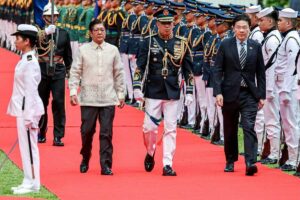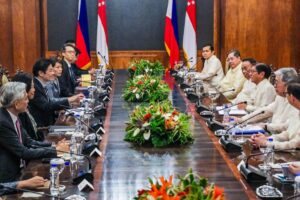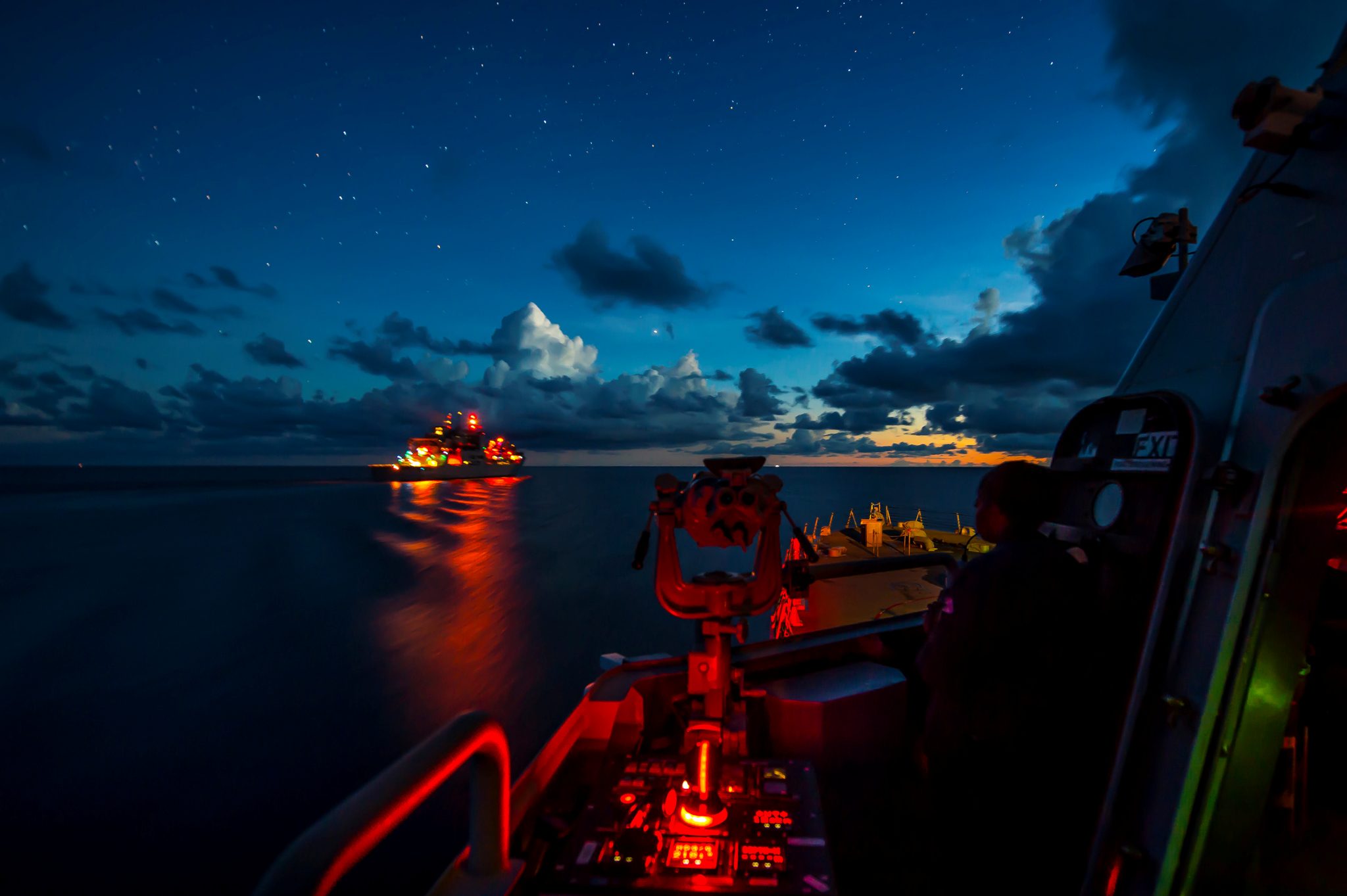Menu
- Daily
Marcos Seeks Singapore’s Support in Boosting PH Renewable Energy Sector
Bongbong Marcos Lawrence Wong, digital leadership Philippines, Featured, Marcos Singapore energy deal, PH carbon trading Article 6.2, PH health cooperation Singapore, PH renewable energy investment, PH-Singapore bilateral ties, Philippines-Singapore climate agreement, Singapore carbon credit cooperation, Southeast Asia green energy - National
Singapore Firms Keen to Expand in Philippines, Says PM Wong
ASEAN investment news, Featured, Lawrence Wong Malacañang visit, Marcos Wong bilateral meeting, PH economy foreign investors, PH regional cooperation, PH Singapore green economy, PH-Singapore strategic partnership, Singapore investments Philippines 2025, Singapore PH business growth, sustainability projects PhilippinesMarcos Seeks Singapore’s Support in Boosting PH Renewable Energy Sector
Bongbong Marcos Lawrence Wong, digital leadership Philippines, Featured, Marcos Singapore energy deal, PH carbon trading Article 6.2, PH health cooperation Singapore, PH renewable energy investment, PH-Singapore bilateral ties, Philippines-Singapore climate agreement, Singapore carbon credit cooperation, Southeast Asia green energy - International
Hotel101 to Develop 10,000 Affordable Rooms in Saudi Arabia Under $2.5B Expansion Deal
affordable hotel chain Saudi Arabia, DoubleDragon hotel project, DoubleDragon Nasdaq listing, Edgar Injap Sia II Hotel101, Featured, global condotel model, Hannah Yulo-Luccini, Hotel101 Horizon Group partnership, Hotel101 Medina Riyadh Jeddah, Hotel101 Saudi Arabia expansion, Vision 2030 tourism Saudi - Editorial
- Next Negosyante
- Crypto News





















Comments are closed for this article!